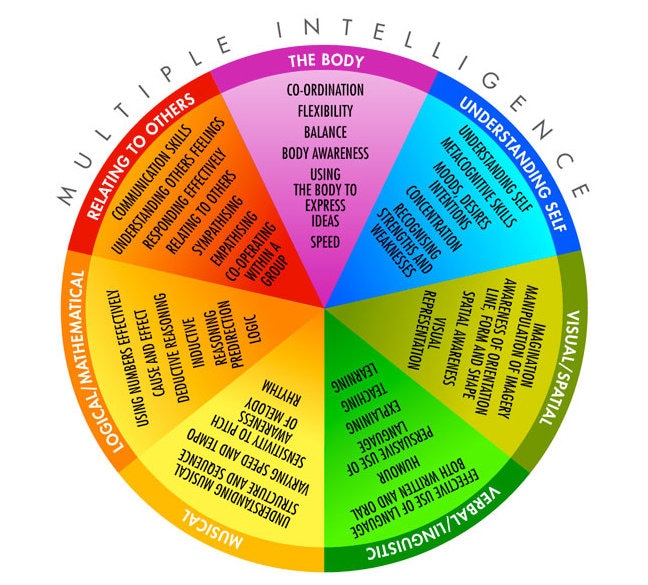Productivity Hacks for the Working Student


We live in a culture that values busyness.
During college, I worked a job a that consumed 30 hours every week (at minimum). The volunteer work, internships, and study groups I liked to add on the side made sure my schedule was always overflowing. And since I have a tendency to overcommit, I pushed myself to maintain full-time student status on top of everything else.
Why not add one more thing to my never ending to-do list?
Busyness itself isn't inherently bad. When accompanied by productivity, a busy schedule can result in huge successes! However, we must be careful to avoid filling our schedules without purpose.
Take it from me, it is not easy to stay on top of your studies as a working student. With so many varied projects on your plate, it’s often difficult to focus on what actually matters right now.
Don't get discouraged, though! Difficult does not mean impossible.
With some intentionality and creativity, you can stay productive amidst the busyness. Here are 6 tips for students who want to adopt a lifestyle of productivity.
1. Write it Down
Take time to write down what you need to accomplish. This brings tasks from the ambiguity of your brain to the reality of ink and paper (or text on a device, if you prefer).
Need to stop by the bank on your way home from work, email that report to your boss, or call your mom? Write it down. This may take the form of a color-coded calendar, a list of bullet point points, or even weekly/monthly/yearly goals written in your favorite journal. Find what works for you!
Having everything written down in front of you will keep important tasks from falling through the cracks.
2. Prioritize Rest
When you have what feels like a million things to do, rest probably isn't your first priority. However, getting enough physical, mental, and spiritual rest is much more important than you may think!
If you want to have the ability to focus on the tasks at hand, produce quality work, and avoid running out of steam, rest must be a priority. During an especially busy season of my life, I found that the only way I would rest is if I scheduled it in. I physically wrote “read a book,” or “take a nap” in my pocket-sized planner.
Crazy? Maybe. But it was effective. Do what it takes to ensure you are well-rested and thus prepared to tackle those challenging assignments.
3. Set a Timer
People are more productive when working in focused intervals. Rather than attempting to multitask, you can accomplish more by attending to one subject matter at a given time. Timers can help to separate your studying into manageable chunks while giving you a glimmer of light at the end of the tunnel.
Try setting a timer for 30 minutes and dedicate that time to studying for your dreaded calculus test. Because you have a set end for your study time, you will be more likely to focus and actually learn the information you need to instead of quitting after 5 minutes. Not quitting is the goal, right?
4. Turn Off Notifications
As a working student, your time is valuable. And social media, email, and texting all have a nasty habit of stealing it. You will never get back those hours spent scrolling, clicking, and typing!
If you want to be productive (instead of “busy” on Facebook), you have to set boundaries. A simple way to do this is by turning off those pesky notifications that scream “Stop what you’re doing! I’m important! You must look at this NOW!”
I often keep my phone on silent to avoid distraction. Yes, I will reply to that text, like the photo of my friend’s adorable puppy, and delete dozens of emails. But I’ll do it later, when I have a free moment.
5. Eat Healthy
There is a stereotype that college students survive off of Top Ramen and caffeine. While I love a good cup of coffee (or even a bad cup of coffee if I’m desperate), I have quickly learned that quality food matters.
Who wants to take the time to make a healthy meal after a long day of work when there are 3 hours of studying still to be done? I understand. I’ve been there. For some people, eating healthy may mean buying prepackaged salads from the grocery store. For others, it may entail meal prepping at the beginning of the every week. Find the system that works best for you.
It does take effort to keep your body healthy, but I promise your overloaded brain will thank you.
6. Get Accountable
What is more difficult than embracing a productive lifestyle? Maintaining it. This is where accountability comes in.
You were not meant to go through life alone. Balancing various responsibilities can be challenging, but becoming productive doesn’t need to be a solo journey. Getting support from someone close to you—someone who can keep you focused on your goals—will make you much more successful in your pursuit of productivity.
I learned to value consistent accountability when I was an Accelerated Pathways student. One of the many services provided by Accelerated Pathways is regular phone calls with an academic coach, providing this much-needed accountability.
As I was earning my degree, my coach supported me and kept me on track with my academic goals as well as my personal ones. She was a lifesaver throughout my hectic college experience!
Busyness is often unavoidable. But it doesn't have to consume your schedule.
With these simple tips, you can take charge and turn your busyness into productivity.
read more


















